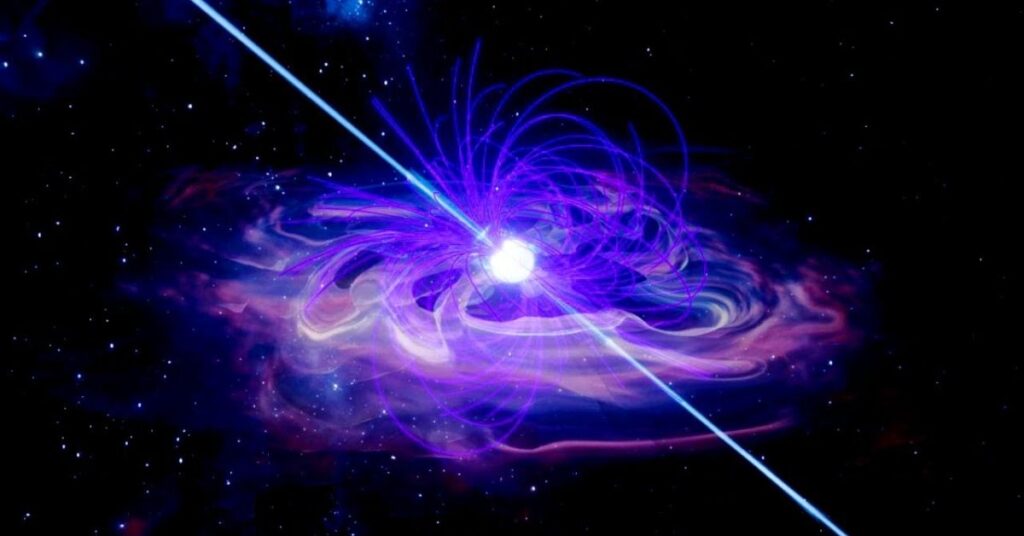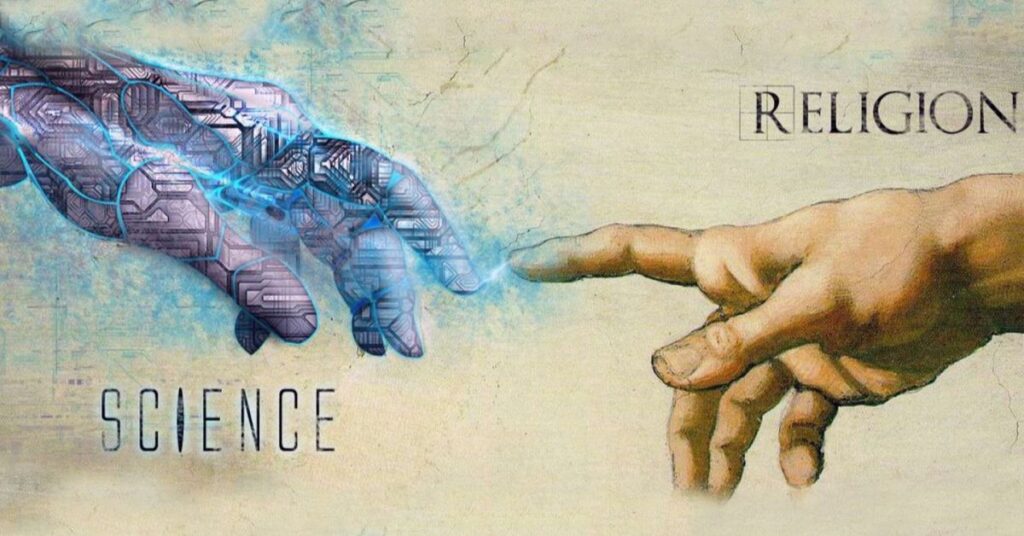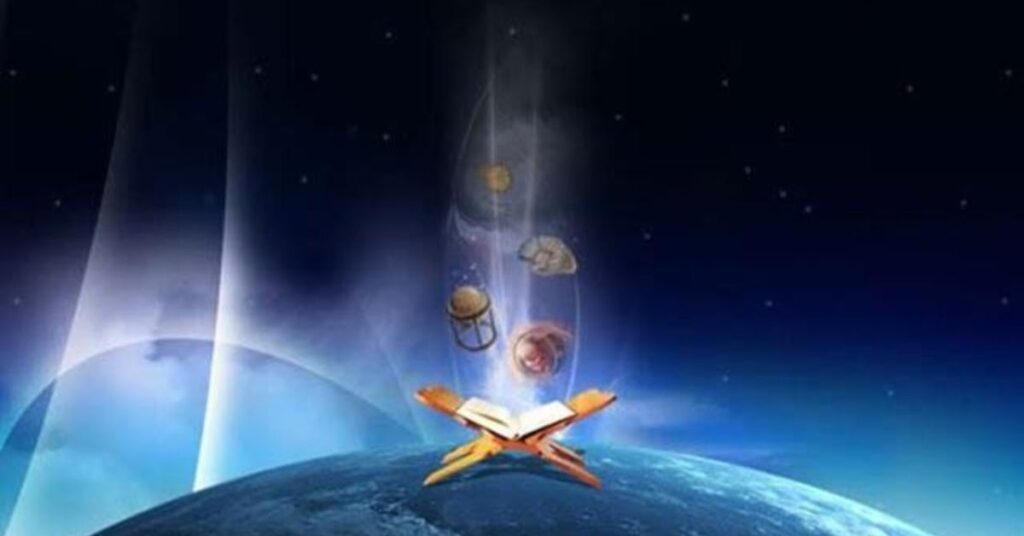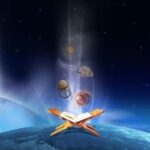The Quran, the holy book of Islam, is more than just a guide for spiritual and moral life—it also contains insights that continue to amaze believers and scholars alike. One of its most fascinating aspects is the presence of miracles, especially those that align with modern scientific discoveries. These Quranic miracles have strengthened the faith of many, showing how divine wisdom and scientific knowledge can go hand in hand.
For centuries, people have debated whether science and religion are in conflict or if they complement each other. While some see them as opposing forces, many scholars and scientists argue that faith can inspire scientific discovery rather than hinder it. The Quran, revealed over 1,400 years ago, describes natural phenomena that modern science has only recently uncovered, making it a subject of great interest for both religious and scientific communities.
Understanding Quranic Miracles

The Quran contains many miracles that prove its divine origin and continue to amaze people even today. These miracles can be seen in different forms, including historical events, linguistic perfection, and scientific facts. Let’s explore what Quranic miracles are and why they are important.
1. What Are Quranic Miracles?
- A miracle is something extraordinary that cannot be explained by human knowledge or natural laws.
- In the Quran, miracles serve as proof of Allah’s power and the truth of the message.
- Some miracles were witnessed during the time of Prophet Muhammad (PBUH), while others were revealed in the Quran for future generations to discover.
2. Types of Quranic Miracles
The Quran contains different types of miracles that appeal to both faith and reason:
A) Historical Miracles
- The Quran mentions past civilizations and events that were later confirmed by historians and archaeologists.
- Example: The preservation of Pharaoh’s body (Surah Yunus 10:92) was confirmed when mummified remains of Egyptian rulers were discovered.
B) Linguistic Miracles
- The Quran’s language is unique, perfect, and unmatched in its structure and beauty.
- Despite being revealed over 1,400 years ago, no one has been able to produce even a single chapter like it.
- Example: The challenge to produce a verse like the Quran (Surah Al-Baqarah 2:23).
C) Scientific Miracles
- The Quran describes natural phenomena long before modern science discovered them.
- Example: The expanding universe (Surah Adh-Dhariyat 51:47) was proven by modern astronomy.
3. Why Are These Miracles Important?
- They strengthen the faith of believers by showing the Quran’s divine nature.
- They attract researchers and scientists to explore the connection between religion and science.
- They provide proof that Islam is a religion based on both faith and reason.
Read this also: the-power-of-sleep-how-rest-affects-your-health-weight
Scientific Miracles in the Quran
The Quran, revealed over 1,400 years ago, contains many scientific facts that were only discovered in recent centuries. These scientific miracles prove that the Quran is not just a religious book but also a source of knowledge that aligns with modern science. Let’s explore some of these fascinating discoveries!
1. The Expanding Universe
The Quran describes the expansion of the universe in Surah Adh-Dhariyat (51:47):
“And the heaven We constructed with strength, and indeed, We are [its] expander.”
Scientists discovered in the 20th century that the universe is continuously expanding, confirming what was mentioned in the Quran centuries earlier.
2. The Big Bang Theory
The Quran describes the origin of the universe in Surah Al-Anbiya (21:30):
“Have those who disbelieved not considered that the heavens and the earth were a joined entity, and We separated them…”
This aligns with the Big Bang Theory, which states that the universe started from a single point before expanding.
3. Human Embryo Development
The Quran describes the stages of human development in the womb in Surah Al-Mu’minun (23:12-14) with amazing accuracy.
Modern embryology confirms that a baby goes through the stages mentioned in the Quran:
- Nutfah (drop of fluid)
- Alaqah (clinging clot-like substance)
- Mudghah (chewed-like lump)
These details were discovered by scientists in the 20th century, yet they were revealed in the Quran long ago!
4. Mountains as Stabilizers
The Quran states in Surah An-Naba (78:6-7):
“Have We not made the earth a resting place? And the mountains as stakes?”
Scientists now know that mountains have deep roots that stabilize the Earth’s crust, just like stakes or pegs hold a tent in place.
5. The Water Cycle
The Quran describes how rain forms, clouds move, and rivers flow in various verses, such as Surah Az-Zumar (39:21):
“Have you not seen that Allah sends down rain from the sky and causes it to penetrate the earth…”
Modern science confirms this process as the water cycle, proving that the Quran had this knowledge long before science.
6. The Deep Sea and Darkness Underwater
The Quran states in Surah An-Nur (24:40):
“Or [they are] like darknesses within an unfathomable sea which is covered by waves, upon which are waves, over which are clouds…”
Scientists discovered that deep oceans have multiple layers of darkness due to the lack of sunlight, and internal waves exist beneath the ocean’s surface, just as the Quran describes.
Science and Faith: Conflict or Harmony?

Many people think that science and religion are in conflict, but in reality, they can work together in harmony. Science helps us understand the world, while faith gives meaning and purpose to life. The Quran encourages knowledge and discovery, proving that Islam supports science rather than opposing it.
Science vs. Faith: A Comparison
| Aspect | Science | Faith | Harmony Between Them |
| Definition | Study of the natural world through experiments and evidence. | Belief in a higher power and spiritual truths. | Science explains how things happen, while faith explains why they happen. |
| Purpose | To discover facts and laws of nature. | To provide moral guidance and purpose in life. | Together, they help humans seek truth and knowledge. |
| View on the Universe | The universe follows natural laws and can be studied. | The universe is created by Allah with wisdom. | The Quran supports scientific study and discovery. |
| Human Existence | Humans evolved through natural processes. | Humans are created by Allah with a divine purpose. | Islam teaches that Allah created humans and gave them intelligence to explore science. |
| Examples from the Quran | The water cycle, the expanding universe, and embryology are proven by science. | The Quran revealed these facts over 1,400 years ago before science discovered them. | Faith inspired many Muslim scientists to explore the world. |
| Role in Society | Leads to technological and medical advancements. | Provides ethical values and inner peace. | Science without ethics can be dangerous, and faith without knowledge can be misleading. |
| Notable Scholars | Albert Einstein, Isaac Newton, Stephen Hawking. | Imam Ghazali, Ibn Sina (Avicenna), Al-Biruni. | Many Muslim scholars combined science with faith to advance knowledge. |
The Role of Faith in Scientific Discovery
Faith has always inspired scientific discovery, encouraging curiosity and exploration. The Quran urges believers to seek knowledge, which led great Muslim scholars like Ibn Sina, Al-Biruni, and Al-Khwarizmi to make groundbreaking contributions in medicine, astronomy, and mathematics. Many scientific facts in the Quran, such as the water cycle, embryology, and the expanding universe, were later confirmed by modern research.
Faith provides moral guidance, ensuring that science benefits humanity. While science explains how things work, faith gives them meaning. Together, they create a balanced approach, proving that faith and science are not enemies, but allies in understanding the universe.
Addressing Skepticism

Many people today question the connection between faith and science, believing that religious claims cannot be proven. However, skepticism should not mean rejecting possibilities—instead, it should encourage deeper research and open-minded discussion. The Quran itself invites people to reflect, question, and seek knowledge rather than blindly accepting beliefs.
One common doubt is whether the scientific facts in the Quran are real or just coincidences. However, modern discoveries, such as the expanding universe, human embryonic development, and the water cycle, match Quranic descriptions given over 1,400 years ago. Many scientists, after studying these verses, have been amazed by their accuracy.
Another concern is whether faith limits scientific progress. History proves otherwise, as Muslim scholars made major scientific advancements during the Islamic Golden Age. Figures like Ibn Sina (medicine) and Al-Khwarizmi (mathematics) showed that faith and science can work together.
Skepticism is healthy when it leads to critical thinking and discovery, but rejecting faith without exploration closes the door to knowledge. The best approach is to analyze, research, and keep an open mind, allowing both science and spirituality to guide the search for truth.
Conclusion
The Quranic miracles and their connection to science show that faith and reason can coexist in harmony. While science helps us understand the natural world, faith gives meaning and purpose to our discoveries. The Quran, revealed over 1,400 years ago, contains scientific insights that were later confirmed by modern research, proving its divine wisdom.
Throughout history, Muslim scholars combined faith with science, leading to groundbreaking contributions in medicine, astronomy, and mathematics. Skepticism is natural, but true knowledge comes from open-minded exploration rather than rejecting ideas without research.
By embracing both faith and science, we can deepen our understanding of the universe, appreciate the wisdom behind creation, and use knowledge for the betterment of humanity. Science and faith are not enemies—they are two paths leading to the same truth.
FAQs
What are Quranic miracles?
Quranic miracles are extraordinary facts and events mentioned in the Quran, including scientific insights, historical truths, and linguistic perfection.
Does the Quran mention scientific facts?
Yes, the Quran describes many scientific phenomena, such as the expanding universe, embryonic development, and the water cycle, which were discovered centuries later.
Can science and faith work together?
Yes! Science explains how things work, while faith explains why they exist. Both help in understanding the universe and life’s purpose.
Did Muslim scholars contribute to science?
Absolutely! Scholars like Ibn Sina (medicine), Al-Khwarizmi (mathematics), and Al-Biruni (astronomy) made major scientific advancements while being deeply rooted in faith.
How should we address skepticism about Quranic miracles?
Skepticism is natural, but the best approach is to study, research, and stay open-minded rather than rejecting ideas without exploration.







